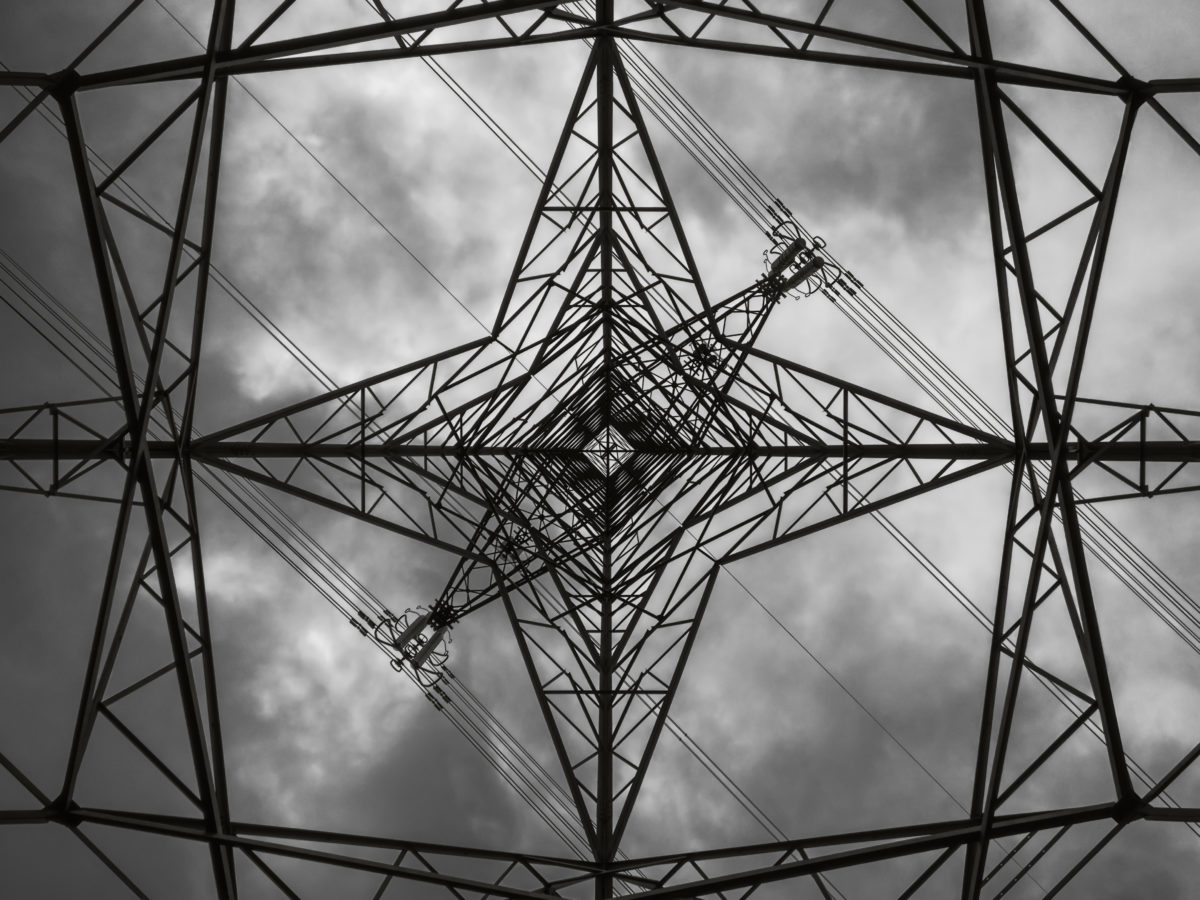Liander has announced that more grid bottlenecks have arisen in the Dutch provinces of Flevoland, Friesland, Gelderland, North Holland, and South Holland. The Dutch power and gas supplier has published an updated map of the congested areas and has invited developers of large-scale power plants to contact its experts for advice.
“Liander cannot guarantee that capacity will remain available for a long time,” it said in a statement.
It noted that the Authority for Consumers and Markets (ACM) decided in May to change the grid code for the congested national network, in order to expand the share of renewables in the energy mix. Under the new rules, grid operators will be allowed to make agreements with market entities.
Liander also said in a separate announcement that it has worked with with grid operator Tennet to launch a new initiative aimed at selecting innovative projects for grid congestion management.
Popular content
“Network operators are actively looking for more ideas to optimize the use of the network in order to connect more customers to the transmission and distribution network more quickly,” it said, adding that it will officially kick off the program in mid-February.
The Netherlands urgently needs to address grid constraints, as high volumes of solar capacity will be deployed in the years ahead. Over the past two years, Liander has implemented a number of measures to increase grid capacity in several areas facing grid constraints, as such bottlenecks are preventing more renewables from going online. These measures include the deployment of two giant transformers and congestion management for grid bottlenecks.
Tennet also recently developed an interactive online map showing the locations in the country where the power grid is most congested.
This content is protected by copyright and may not be reused. If you want to cooperate with us and would like to reuse some of our content, please contact: editors@pv-magazine.com.



1 comment
By submitting this form you agree to pv magazine using your data for the purposes of publishing your comment.
Your personal data will only be disclosed or otherwise transmitted to third parties for the purposes of spam filtering or if this is necessary for technical maintenance of the website. Any other transfer to third parties will not take place unless this is justified on the basis of applicable data protection regulations or if pv magazine is legally obliged to do so.
You may revoke this consent at any time with effect for the future, in which case your personal data will be deleted immediately. Otherwise, your data will be deleted if pv magazine has processed your request or the purpose of data storage is fulfilled.
Further information on data privacy can be found in our Data Protection Policy.